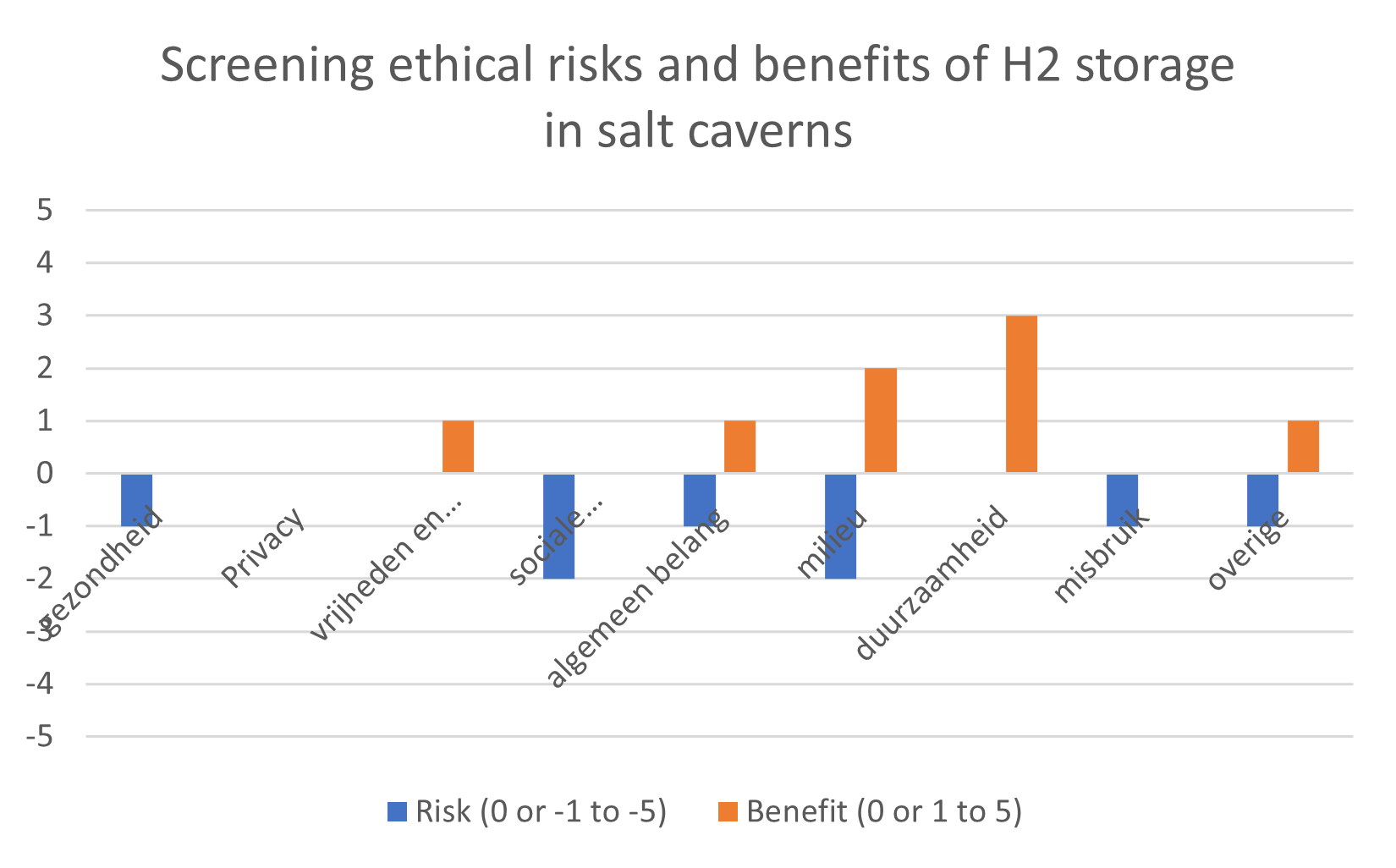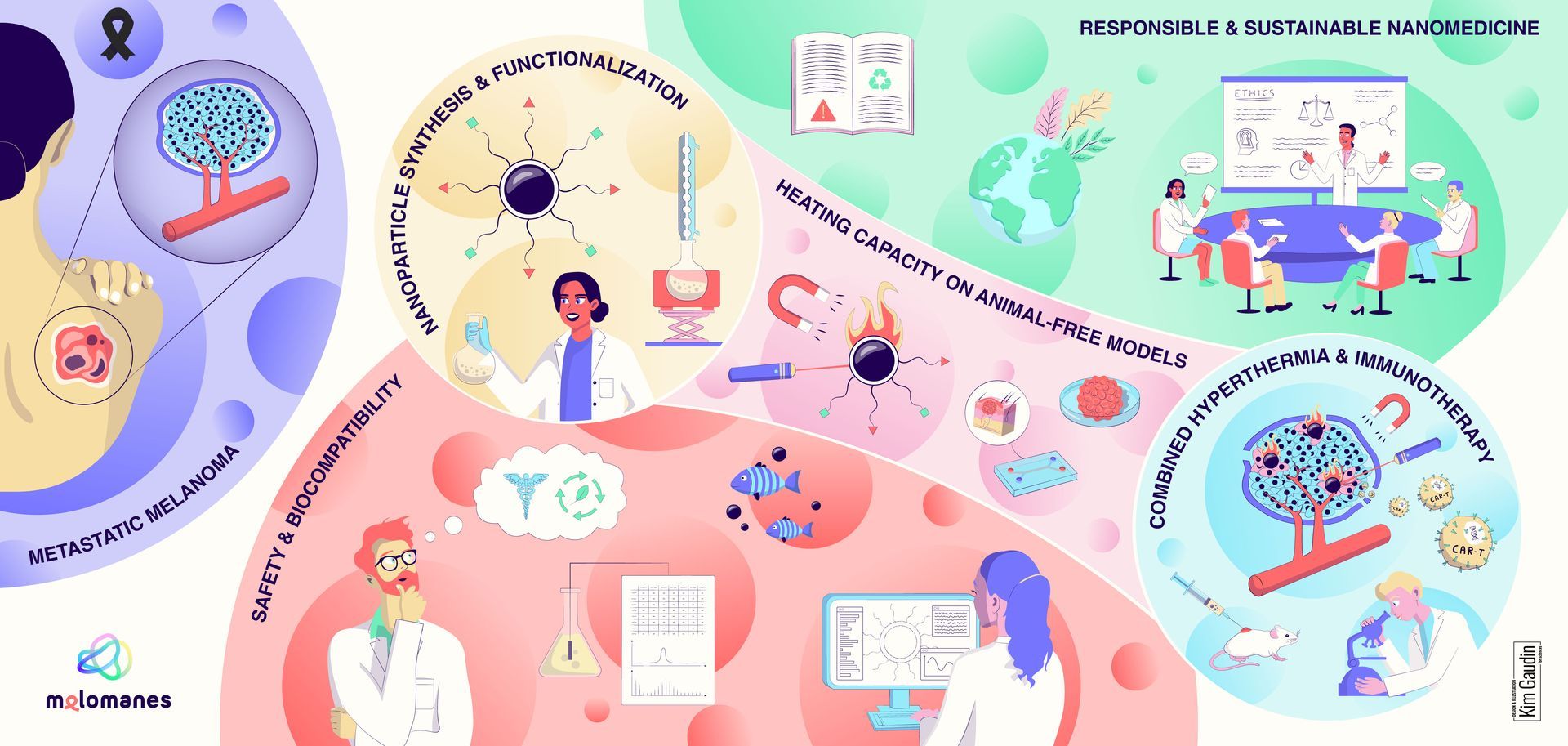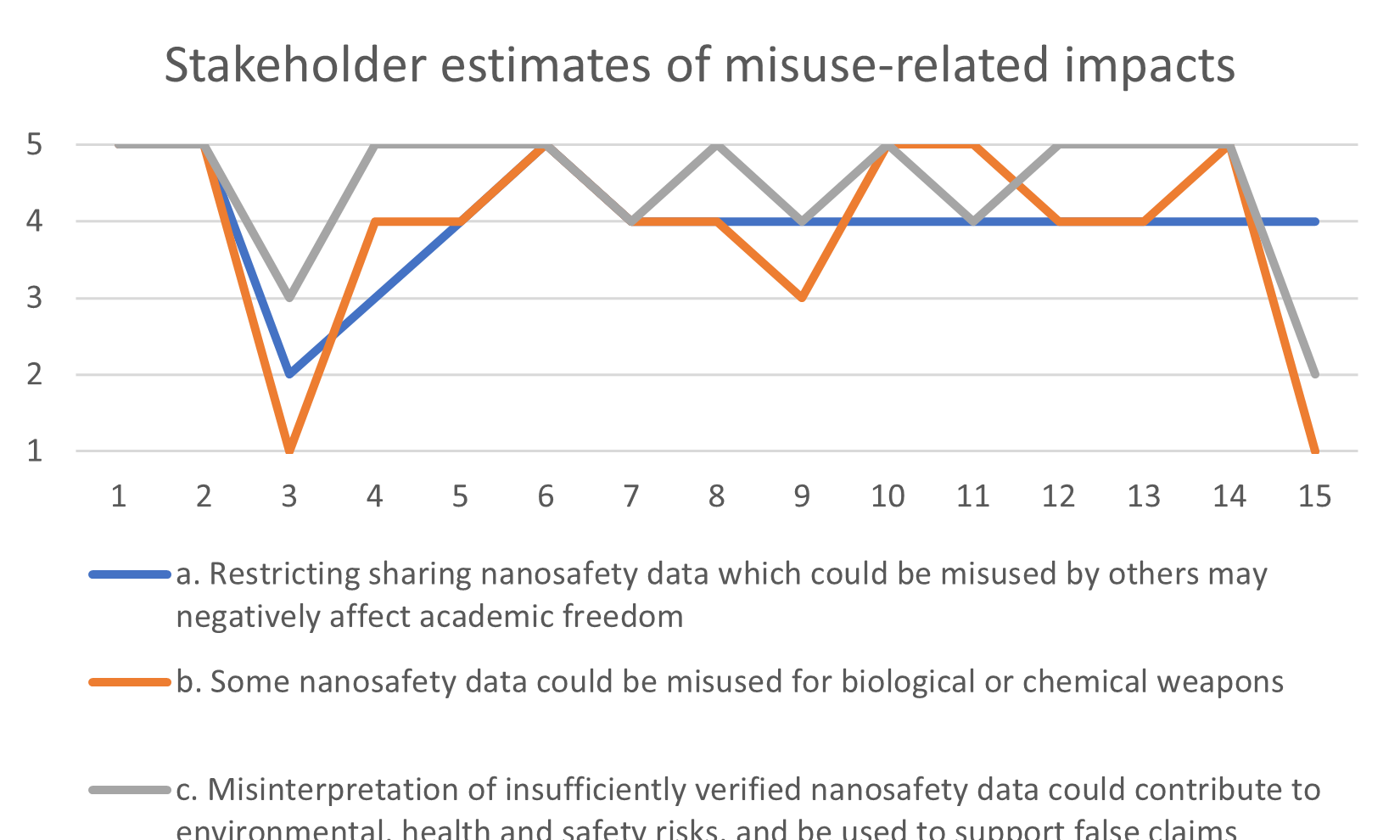Ethics of Nanomedicine
Book chapter in Nanobiomaterials published

Abstract: Nanomedicine is the application of nanomaterials and nanotechnologies in healthcare. Nanomedicine is a key enabler of e.g., mRNA COVID-19 vaccines, and enables digital twins, organ on chip and wearables. Introducing nanomaterials in the body in pharmaceuticals or implants raises nanosafety issues. Ethical impacts of nanomedicine are e.g., related to freedom, equality, data protection, and biosecurity. Researchers should contribute to Responsible Research and Innovation together with governments and other stakeholders. The principles of inclusiveness, anticipation, openness and responsiveness are leading. Acknowledgements: This chapter is based on a lecture on Ethics of Nanomedicine held during the course on ethics of biomedical research organised by the VISION project. The preparation of the lecture was supported by the EU H2020 RiskGONE project, GA no. 814425. Download the chapter here.











